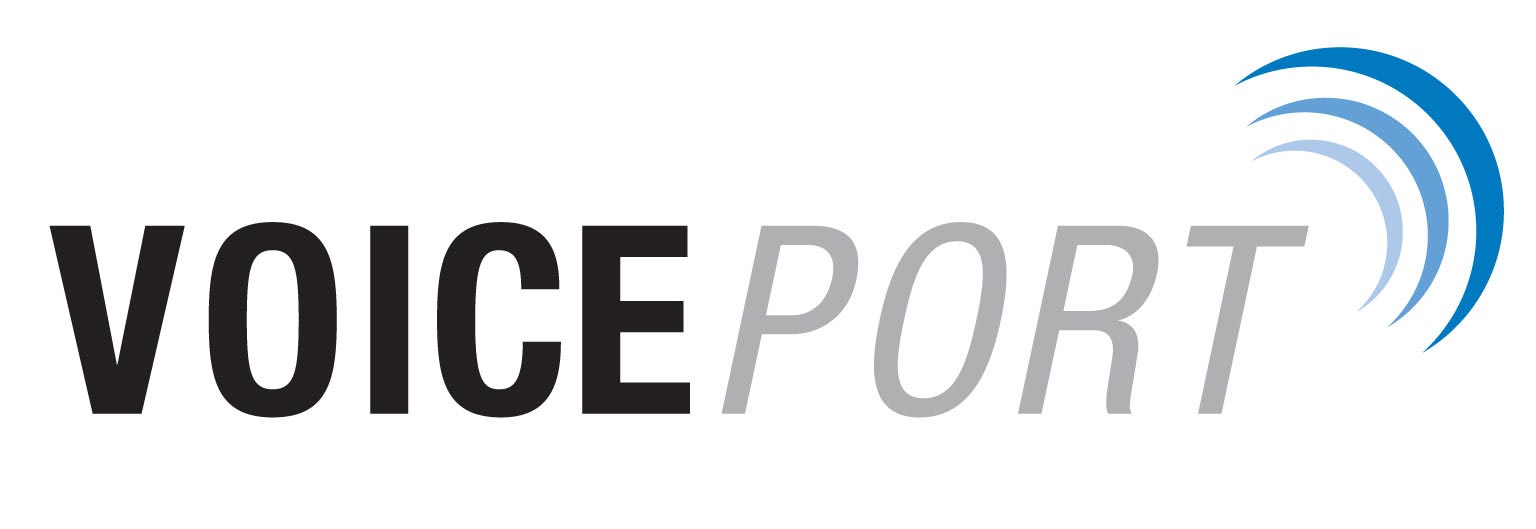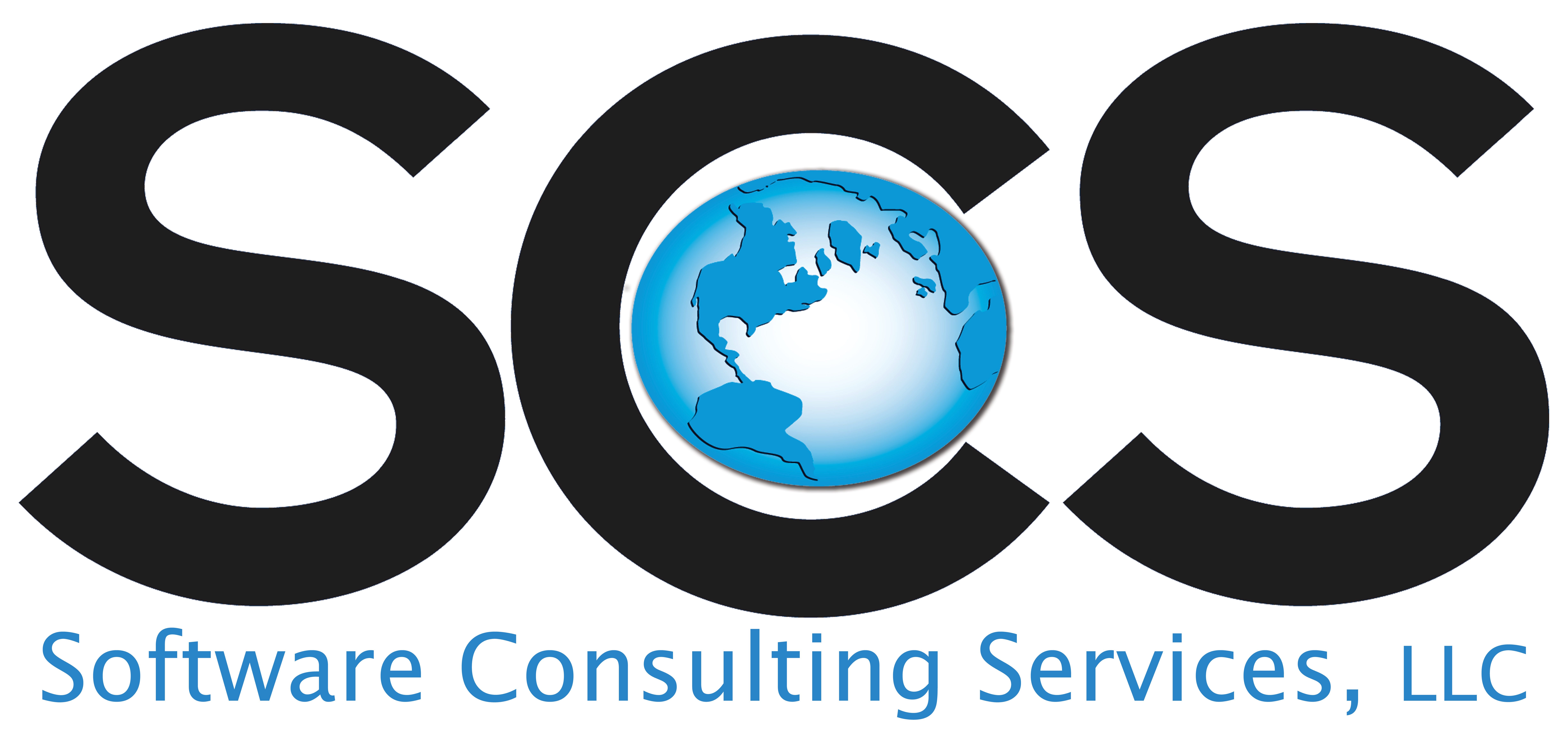Keeping Dollars Local, Matter of Life and Death!
I read a comment on a local Facebook page this week. The gentlemen said, “we don’t want change, the locals like it the way it is”. I suggested change is coming regardless of our wants, and we can either manage the change or be swept up in change without any input. It reminds me of a quote by George Bernard Shaw, “The reasonable man adapts himself to the world; the unreasonable one persists in trying to adapt the world to himself. Therefore, all progress depends on the unreasonable man”. For nearly three years, we have discussed the critical need for local communities to fight to keep their dollars local however possible. Over the past few years, this has become not just the right thing to do, but is now a case of either survival or becoming obsolete as a community.
When one views the value of shopping and spending local, communities often overlook a most critical element. We have repeatedly shown the major impact on the community if every resident just spent $25 locally more each month they may have spent online or in a neighboring community. When factoring the 3-7% compounding impact of each of those dollars, this small gesture equates to between $900 – $2100 new dollars flowing through your community yearly per resident. In a community of 10,000 residents, that is an additional $9,000,000 – $21,000,000 floating through your community each year. How many jobs will this create? How many jobs will it retain? How much better will the quality of life be for many? This is how you save Main Street, not build Wall Street. This is huge!
Small businesses, whether intentional or not, are under assault by technology, burdensome regulations, tax policy, government forced mandates, and the list goes on. This assault is on every local community in the country. Example: large corporate chains remained open while local businesses were deemed non-essential and were forced to close. Since when is providing support for one’s family deemed non-essential? When small businesses go under, it impacts incomes, employment base, supplies ordered and much more. While the chains with deep pockets usually survive, it reaps disaster on the local communities and their business base, impacting the entire community for years.
The reasons for keeping dollars local is well established and beyond dispute. The proof is readily apparent across the country. Most need not travel very far from home to see a nearby town that was once prosperous becoming a shell of what it once was. They have become shells of themselves for many reasons, one of which was supporting Wall Street in lieu of their own Main Street.
The current situation of local communities losing dollars to out-of town corporations, chains, and online entities is accelerating rapidly. This trend is unlikely to subside anytime soon. With this acceleration, towns doing well now will do less well in the future. Struggling communities will struggle more. Towns teetering on the brink will be pushed into the abyss.
More so, as the outflow of dollars accelerates, the impact on a local community is more apparent. Civic engagement and volunteering decrease, poverty rates increase, more local businesses go under, local jobs are lost, housing prices decrease, tax base dwindles, crime rates increase, and the list goes on.
What to do? I cannot stress enough that communities MUST act now. This issue may not be on the radar of local community leaders, but it must be placed on that radar. Once on the radar, communities need to assemble a team with the sole mission of addressing this issue. To be effective, this team will include city leaders, chamber and/or Main Street, business leaders, media, civic clubs, economic development leaders, residents and whomever else makes sense. As a team, they must brainstorm potential solutions, possible communitywide education initiatives, citywide promotions, and other tactics. Proactive communities can tackle and manage these problems; this is being done every day around the country. The “Building Main Street, not Wall Street” column will continue to provide ideas each week. It isn’t easy, but nothing great usually is. I implore you, don’t delay, this is an issue that isn’t going away and will only deepen as time moves on the within the community.
John Newby, Pineville, MO. is a nationally recognized publisher, community, business & media consultant, and speaker. His “Building Main Street, not Wall Street,” column appears in many communities around the country. The founder of Truly-Local, dedicated to assisting communities, create excitement, energy, and combining synergies with local media to better their community. He can be reached at: info@Truly-Localllc.com.

















